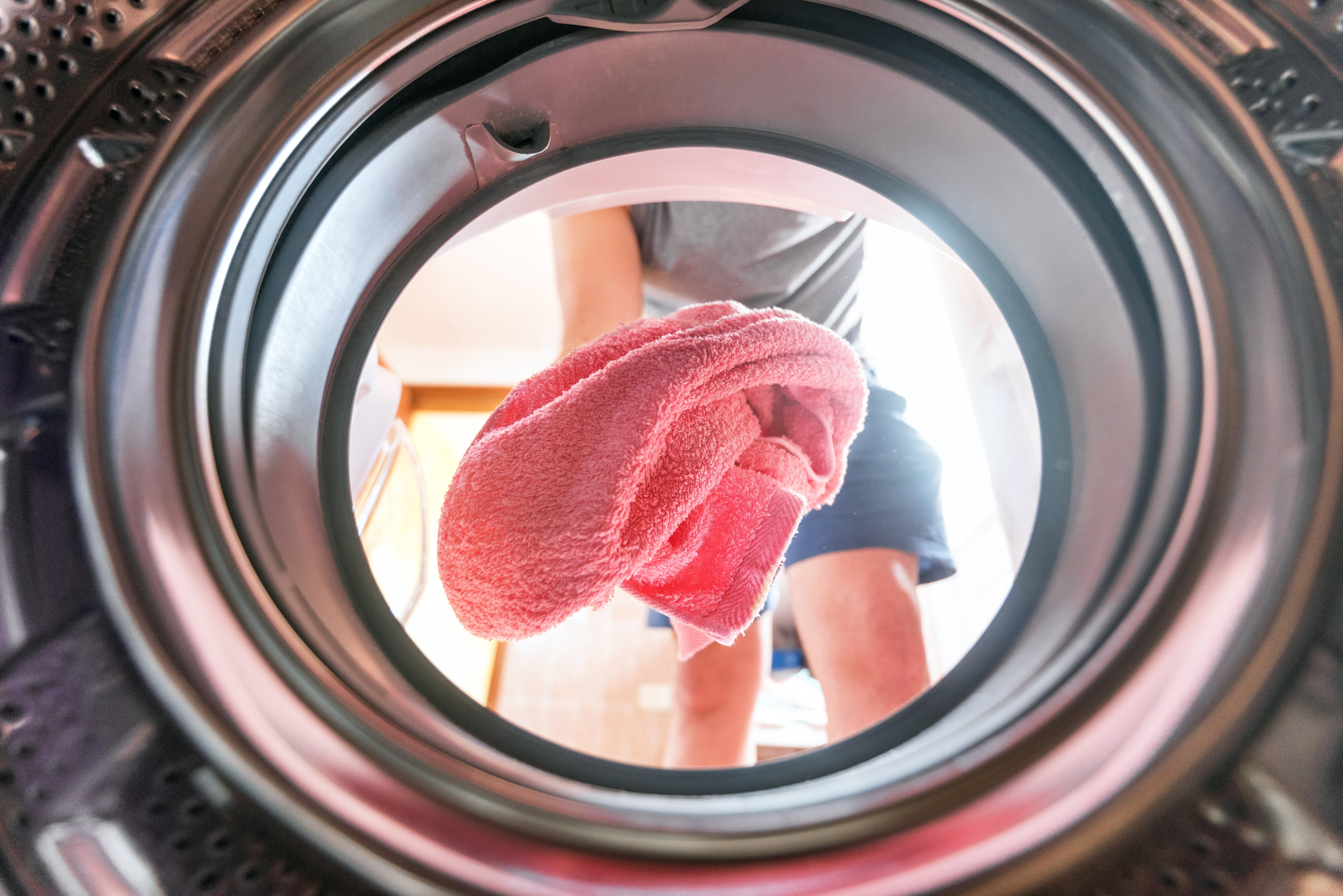Tumble dryer lint can cause ‘significant’ damage to marine animals, study shows
The findings likely apply to other textile fabrics too, the researchers say

Tumble dryer lint may be causing ‘significant’ harm to marine animals, with a new study showing it can damage their gills, liver and DNA.
Researchers at the University of Plymouth tested different quantities of lint on Mediterranean mussels and discovered that the textile fibres led to tissue damage in the animals.
The exact causes of the detrimental effects on the species, which include damage to the animals’ tissue, liver and DNA structure, are not clear, but are probably linked to the fibres and the chemicals within them, scientists said.
The researchers, whose study was published in the journal Chemosphere, said their findings are likely to apply to other textile fibres commonly found in waste water as well as lint.
Dr Andrew Turner, associate professor of environmental sciences, said: "The laundering of clothes and other textiles is among the most significant sources of synthetic microfibers within the environment.
"However, despite their known presence in a range of species, there have been very few studies looking in detail at their impact.
"This study shows for the first time what harm they can cause, and it is particularly interesting to consider that it is not just the fibres themselves which create issues but also the cocktail of more harmful chemicals which they can mobilise."
Awadhesh Jha, professor in genetic toxicology and ecotoxicology, said he expects the effects are similar in other marine species.
“Mytilus species are commonly used to monitor water quality in coastal areas, and the damage shown to them in this study is a cause for significant concern,” he said.
"Given their genetic similarity to other species and the fact they are found all over the world, we can also assume these effects will be replicated in other shellfish and marine species.
"Damage to DNA and impairment of the filter feeding abilities would have potential impact on the health of the organisms and the ecosystem.
"That is particularly significant as we look in the future to increase our reliance on aquaculture as a global source of food."
Researchers at Plymouth University previously found that fitting fibre-catching devices can reduce the amount of tiny particles produced in a laundry cycle by up to 80 per cent.
Subscribe to Independent Premium to bookmark this article
Want to bookmark your favourite articles and stories to read or reference later? Start your Independent Premium subscription today.

Join our commenting forum
Join thought-provoking conversations, follow other Independent readers and see their replies